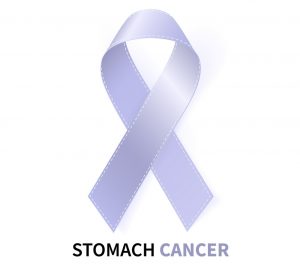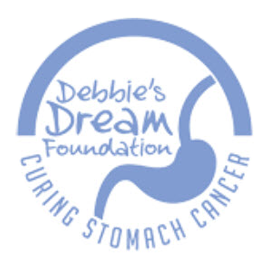
Maryland Stories
Tasha Dooley—Baltimore, MD I am writing about my brother, who lived with stomach cancer for 2 years and passed on November 13, 2020.
My younger brother was diagnosed with stage 4 stomach cancer at 28 years old in November of 2018. He had just welcomed a second daughter to the world two weeks before his diagnosis. A navy service member, he had spent ten years serving in the military and went on two deployments. When he was diagnosed with cancer, he was also diagnosed with H. pylori. Doctors and surgeons at Hopkins were aggressive with his treatment, and we were afforded two years with him as he lived with cancer. Many rounds of chemo, an 8-hour surgery, countless other hospitalizations and procedures over two years. He died on November 13, 2020, at 30 years old. His two young daughters, now 7 and 3 years old, his wife, myself, my parents, my husband, and many family and friends miss him every day. I'll move through life without my sibling, and his daughters will feel the loss through all of life's big and small moments. It is immeasurable the loss we all feel without him here.
I cared for my brother from start to finish. I saw the shortlist of options when it came to treatments. I saw the statistics. I've poured over drug trial studies lesser-used treatments, grasping for anything that could help bring my brother relief and give him more time. There are no words for what it feels like watching someone die from this disease. It is simply heart-breaking. With such terrible odds and late-stage diagnoses, hearing one has stomach cancer feels like a death sentence.
After my brother was diagnosed, we collectively raised money to support organizations like DDF and NSFC, knowing that without awareness and funds, this cancer will continue to be diagnosed late-stage with terrible odds. He often said he wouldn't wish this cancer on even the worst enemy. Tolerating and pushing through daily pain, even on his good days, and trying to muster the strength for his children on his bad days, too, he never let it take control. While he may no longer be here with us, I want to support the advocacy for current patients and what the future looks like for people yet to be diagnosed in honor of him. He would be proud to know his story could help impact other patients' lives.
Kwanza Johnson
